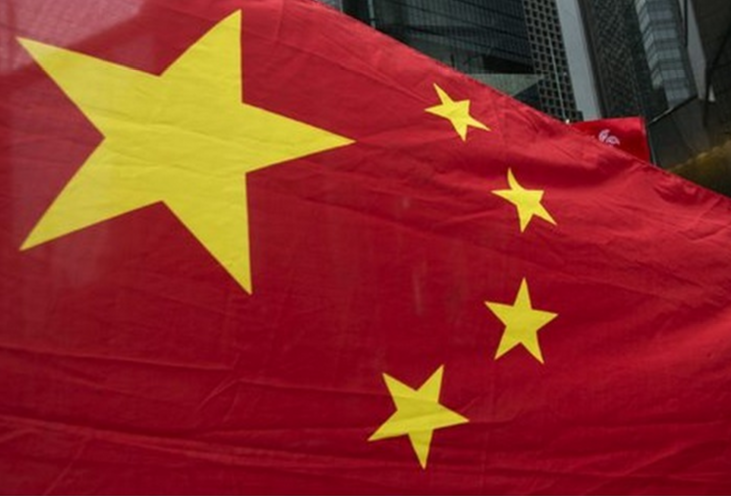WASHINGTON — The credit bubble in China may not deal a direct blow to the American economy, but its side effects could be troubling, experts said at a Senate hearing Thursday.
“Those earlier crises would all suggest that the current Chinese credit bubble will not end well and that the world should brace itself for a prolonged period of relatively slow Chinese economic growth,” said Desmond Lachman, a resident fellow at the American Enterprise Institute, a conservative think tank in Washington.
The world’s second largest economy encouraged banks to give generous debts to companies to boost employment and the gross domestic product after the 2008 financial crisis. The International Monetary Fund reported the credit that Chinese banks have lent to the non-financial private sector rose by more than 70 percent since 2009.
The excessive reliance on credit creation from the banking system and shadow banking aggravated an existing imbalance of the country’s economy.
Panelists testifying before the Banking, Housing, and Urban Affairs Committee Thursday pointed out that excessive credit leads to over-capacity of resources such as steel. China’s Ministry of Industry and Information Technology reported that the steel capacity in China reached 1.16 billion metric tons (1.277 billion net tons) in 2014.
“While President Xi Jinping’s administration has adopted certain measures toward reforming the economy, it is far from clear that it is fully committed to addressing China’s credit addiction and to curbing its shadow banking system,” said AEI’s Lachman.
He said China may not experience an abrupt credit collapse since state-owned banks dominate its banking system. But the think tank expert said non-performing loans and zombie companies supported by those same banks will lead to severe credit problems such as defaults.
In a speech in Shenzhen, China in June, IMF First Deputy Managing Director David Lipton reported that corporate debt in China was 145 percent of the country’s GDP. That’s “very high by any measure,” Lipton said.
“In a setting of slower economic growth, the combination of declining earnings and rising indebtedness is undermining the ability of companies to pay suppliers or service their debts,” he said.
William Wilson, a senior research fellow at the Heritage Foundation, told the committee that “China could experience a balance-sheet recession similar to Japan’s” as corporate debt reaches a critical level.
As for America, China was responsible for 7.7 percent of total U.S. exports last year, and the credit bubble will likely to slow trade. And China is the largest holder of U.S. debt, which reached $1.2 trillion in April, according to the U.S. Treasury Department.
With the credit bubble and a lagging economy, China could be tempted to sell off some securities, including U.S. bonds, damaging the value of the bonds, Wilson said.
But he also said, that would lead to the reduction of commodity prices on the global market — a good sign for the U.S.
The worry may not be so great at this point.
Lachman also said, “a further Chinese economic slowing should not have a material direct effect on the U.S. economy. After all, China accounts for only around 7 percent of total U.S. exports, or less than 1 percent of U.S. GDP.”

